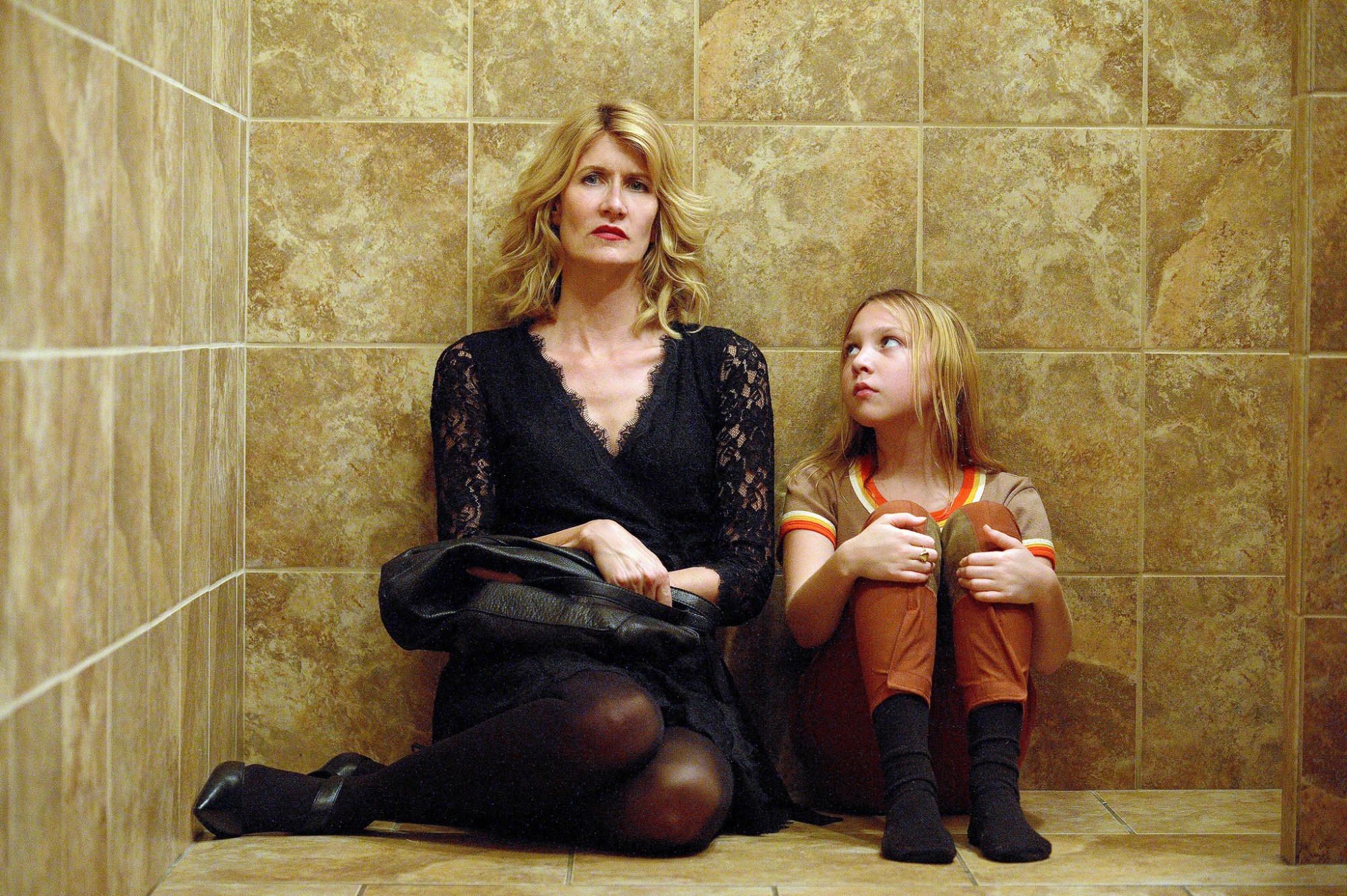
- Festivals
The Tale: A Multilayered Story of Abuse, Trauma And Memory
It would have been topical enough to make a movie about child molestation involving a sports coach, given, among other things, the recent revelations of the abuse suffered by dozens of young gymnasts which have roiled the US Olympic team. But Jennifer Fox’s The Tale (US Dramatic Competition) is also an amazingly layered, nuanced and powerful film on a difficult and painful subject. Fox has been a Sundance regular ever since she won the Documentary Grand Jury Prize with her Beirut: The Last Home Movie in 1987, other entries include An American Loves Story (1999) and Confessions of a Free Woman (2007). An accomplished documentarian, she switches to drama to tell The Tale in a first-person voiced by a remarkable Laura Dern. Other names have been changed, as the end title informs us, but the story is rigorously true, and that fact makes the story told therein all the more painful.
Dern-as-Fox is a middle-aged filmmaker who alternates her own work with teaching college documentary courses. Her life is upended when her mother (Ellen Burstyn, in customary top form) uncovers a middle school essay written by her daughter when she was 13. That assignment in diary form contains and unsettling chronicle of apparent coercion of a young girl by a couple of adults. Those would be Jennifer’s horse riding instructor and running coach. The former, Mrs. G (Debra Debicki), is a luminous, charismatic and, to young Jennifer (Isabelle Nélisse), irresistibly sophisticated counterweight to her mundane and regulated family life. Her riding instruction is supplemented by the athletic guidance of running coach “Bill” (Jason Ritter) whose boyish grin and earnestness will soon give way to much darker things.
Young Jennifer assures her concerned middle school teacher that the story is fiction, but these many years later her mother now understands otherwise and her concern acts as the trigger for the truth to begin washing back into adult Jennifer’s consciousness. So begins the painful reconstruction of traumatic events whose effects reach through the decades to devastate multiple lives.
Not only is The Tale topical but it is an is an amazingly nuanced story of memory and our uneasy relation with the truths it holds and sometimes distorts. The film explores the relationship with our former selves and examines how our recollections of people and events remain frozen in time even as we evolve. The multilayered and intertwining narrative voices – especially those of Adult and Tween Jennifer – are an exceptional representation of how hard it can be to reconcile our memory of friends and acquaintances with who they have become, and even more, our former selves with who we are in the present.
Both literary, profound and truthful, the way it is told makes The Tale so much more than a cautionary tale about pedophiles. It is a clear-eyed examination of the family conflict and uncertainty of adolescence which can conspire with evil and lead to abuse. All the more terrifying in its utter plausibility and – we know in our own hearts – a common occurrence.
A meditation on memory and denial and how trauma informs and accompanies our lives, it is especially relevant at a time when some have questioned revelations of abuse which sometimes come many years after the fact. It is little wonder it has instantly garnered well-deserved festival buzz.

